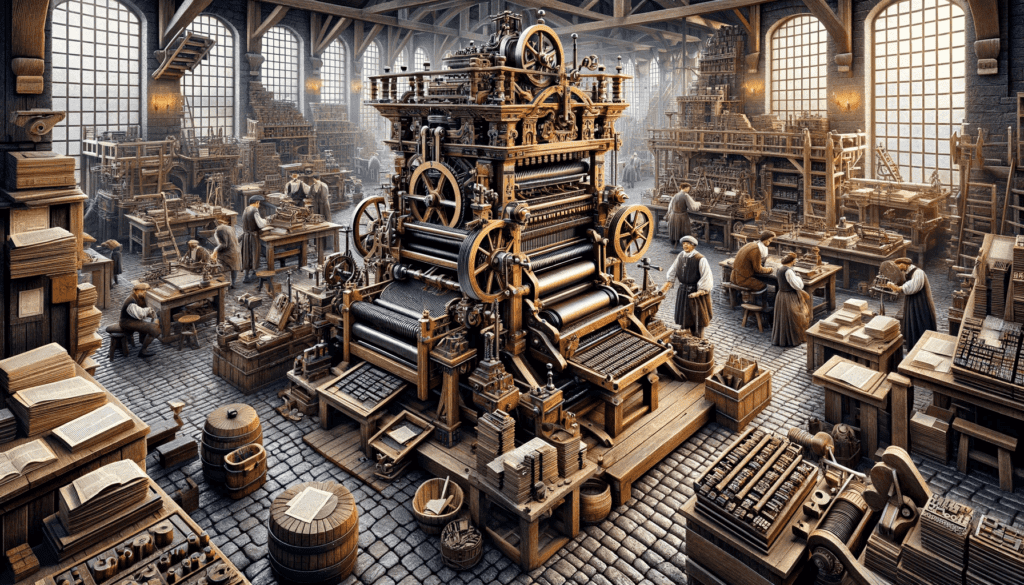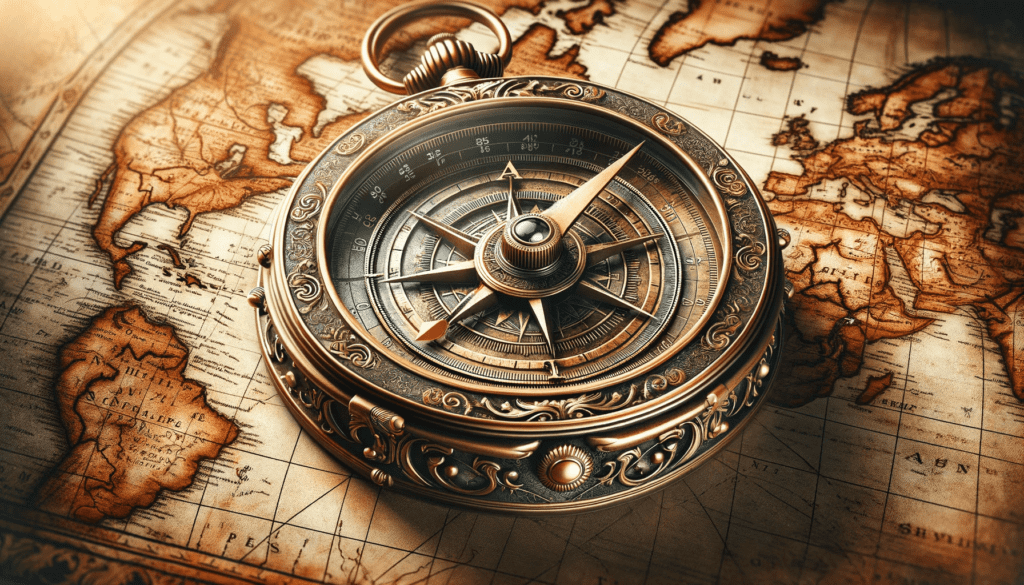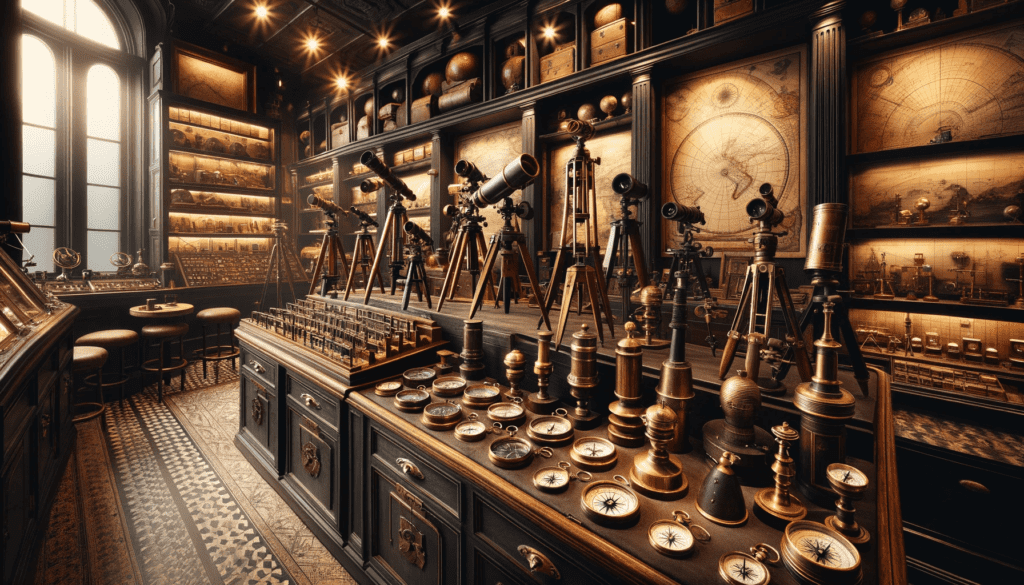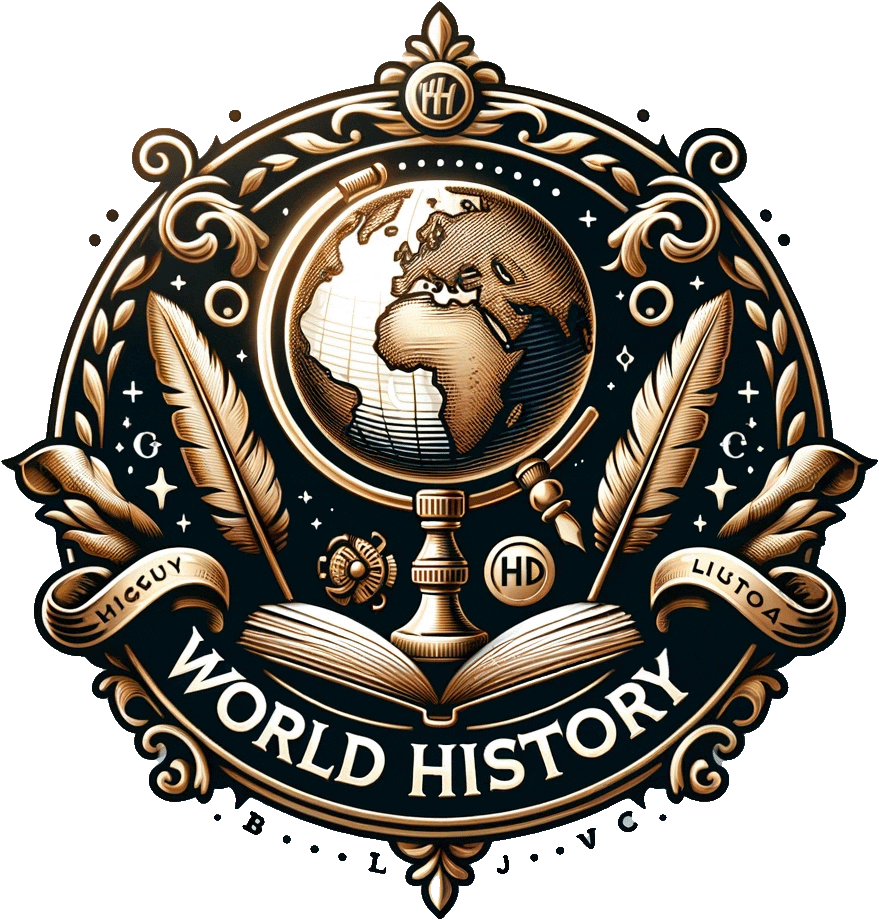Inventions That Changed the World: Printing Press, Telescope, Compass
Throughout history, certain inventions have had an undeniable impact on human civilization. Three of these – the printing press, the telescope and the compass – have transformed not only our view of the world and the universe, but also the way we share and navigate information.
The Printing Press: Democrates Knowledge
The invention of the printing press in the 15th century by Johannes Gutenberg was a turning point in human history. For the first time, it was possible to reproduce books and other documents quickly and in large numbers, leading to an explosion of knowledge dissemination.
Impact on Education and Religion
The printing press made books affordable and accessible to a much wider audience. This had a huge impact on education and scholarship. Religious texts, such as the Bible, also became widely available for the first time, leading to religious reforms and debates.
Dissemination of Ideas
The printing press allowed ideas to be spread quickly and widely. This played a crucial role in the spread of the Renaissance, the Scientific Revolution and the Enlightenment.
The Telescope: A New Perspective on the Universe
The invention of the telescope in the early 17th century, attributed to Galileo Galilei, changed our view of the universe. This new technology allowed astronomers to see further than ever before.
Discoveries in Astronomy
The telescope made it possible to observe planets, stars and other celestial bodies in detail. This led to important discoveries, such as the phases of Venus and the moons of Jupiter, which supported Copernicus’ heliocentric theory.
Changes in Scientific Thinking
Through the telescope, scientists began to question age-old beliefs about the universe. This stimulated scientific curiosity and critical thinking, essential to the scientific method.
The Compass: Navigating the World’s Seas
Originating in ancient China, the compass became indispensable for navigation, especially during the great voyages of discovery of the 15th and 16th centuries.
Revolution in Sea Travel
The compass allowed sailors to navigate more accurately, leading to the discovery of new lands and trade routes. This had a profound impact on world trade and geopolitics.
Influence on Mapmaking and Geography
The accuracy of the compass also stimulated the development of cartography and increased our knowledge of the geography of the world.
Conclusion: The Enduring Heritage of These Inventions
The printing press, telescope and compass are more than just inventions of the past; they are the building blocks of our modern world. By democratizing knowledge, discovery and exploration, these inventions fundamentally changed the way we learn, observe and navigate. They led to scientific breakthroughs, cultural upheavals and influenced the course of human history. In an age when information and communication are moving faster than ever before, the heritage of the printing press continues to resonate.
The principle of knowledge sharing, which was accelerated by the printing press, is still crucial in the digital world today. The telescope, which offered us a window into the universe, continues to inspire us to look beyond our earthly limits and dream about what else is possible. And the compass, though often replaced by modern technology, reminds us of the eternal human urge to explore and discover new horizons.
Reflection on the Past, Inspiration for the Future
These three inventions are not only reminders of our history, but also inspirations for future innovations. They challenge us to think about how today’s technologies will shape tomorrow’s world. Just as the printing press, telescope and compass were revolutionary in their time, today’s technologies – from artificial intelligence to space exploration – can push the boundaries of our understanding and capabilities.
In conclusion, the printing press, telescope and compass are more than historical artifacts; they are symbols of human ingenuity and curiosity. Their stories encourage us to keep innovating, exploring and transforming our world. The lessons learned from their history are timeless and remain relevant in our ceaseless quest for knowledge and adventure.







Leave a Reply